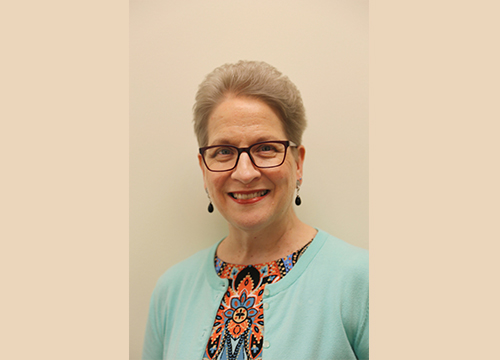18th Sunday in Ordinary Time | Ex 16:2-4, 12-15; Ps 78:3-4, 23-24, 25, 54; Eph 4:17, 20-24; Jn 6:24-35
This Sunday’s first reading, psalm and Gospel intertwine seamlessly, telling one story about God’s steadfast love and reliable care for people. The currency of God’s providence is “bread from heaven.”
We begin in Exodus, where the newly chosen people of God test God with their grumbling. They direct their complaint to Moses and Aaron, saying, “Would that we had died at the Lord’s hand in the land of Egypt, as we sat by our fleshpots and ate our fill of bread! But YOU had to lead us into this desert to make the whole community die of famine!”
It seems hungry bellies make for short memories. Their first act of faith in the Lord God (the scary journey through the sea, with the water like a wall on their right and left) and the celebration that followed fade into the background as they encounter the harsh reality of desert wandering. Their faith (trust) in the ONE God has yet to take hold as a firm virtue in daily life.
Can this ONE really be trusted with the nitty- gritty challenges of their precarious existence? Will this ONE prove reliable in small matters, i.e., food, water, as well as large, i.e., deep water hazards, pursuing armies?
Though they acknowledge God’s reign over them in a back-handed way (“Would that we had died at the Lord’s hand in the land of Egypt…”), they have yet to shift their allegiance. They even have the audacity to express their longing for the fleshpots and bread of slavery!
The Lord God responds to this bold insult — so thinly veiled by misdirection — with a test of his own. God will provide, but only enough for one day at a time.
According to the biblical account, which includes details missing from today’s selection, hoarding will not be permitted. Excess manna, collected “just in case,” will rot overnight. Only in advance of the Sabbath will the people be allowed to gather extra to prepare for the day of rest and worship.
The Lord knows that trust, even in him, must be built. Israel must learn to trust in God – from experience, over time. Like a rabbi teaching the Torah, God uses repetition to reinforce the learning — in this case, 40 years’ worth! Consistent with this method, Psalm 78 recounts the story in ritual prayer, suitable for repetition ad infinitum.
The Gospel reading comes once again from St. John’s Bread of Life discourse. Recall that last week, at the feeding of the 5,000, the people saw the sign of overabundant food set before a huge crowd (reinforced by the surplus collected in 12 wicker baskets) and hailed Jesus as Prophet (with a capital P), believing him to be not just any prophet, but a specific, anticipated figure, called the eschatological Prophet, that is, the one whose appearance would herald the end of the age.
As we listen this Sunday, we hear Jesus say, “Amen, amen, I say to you, you are looking for me not because you saw signs, but because you ate the loaves and were filled.”
Having pursued Jesus across the Sea of Galilee, the people have arrived hungry again. The pangs in their bellies block their dawning insight of Jesus as the Prophet signaling a new age. Hence, he chides them to look beyond the mundane, “Do not work for food that perishes but for the food that endures for eternal life, which the Son of Man will give you.”
Intrigued by his offer, the people ask, “What can we do…?” Jesus tells them to believe in him, only to have them demand yet another sign to confirm his authority. (Believe means more than assent here. “Set your heart” or “stake your life” hit closer to the mark.)
Claiming the authority of the Father with his statement, “I AM the bread of life,” Jesus identifies himself as the “bread come down from heaven,” and therefore, the sign that they seek.
Melanie holds a master’s in pastoral studies from Loyola University, New Orleans.

